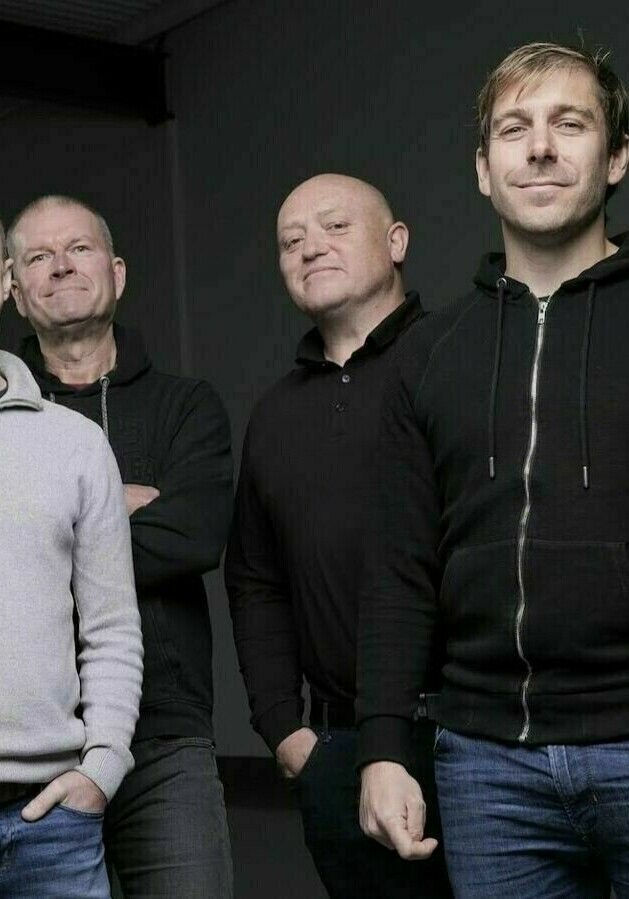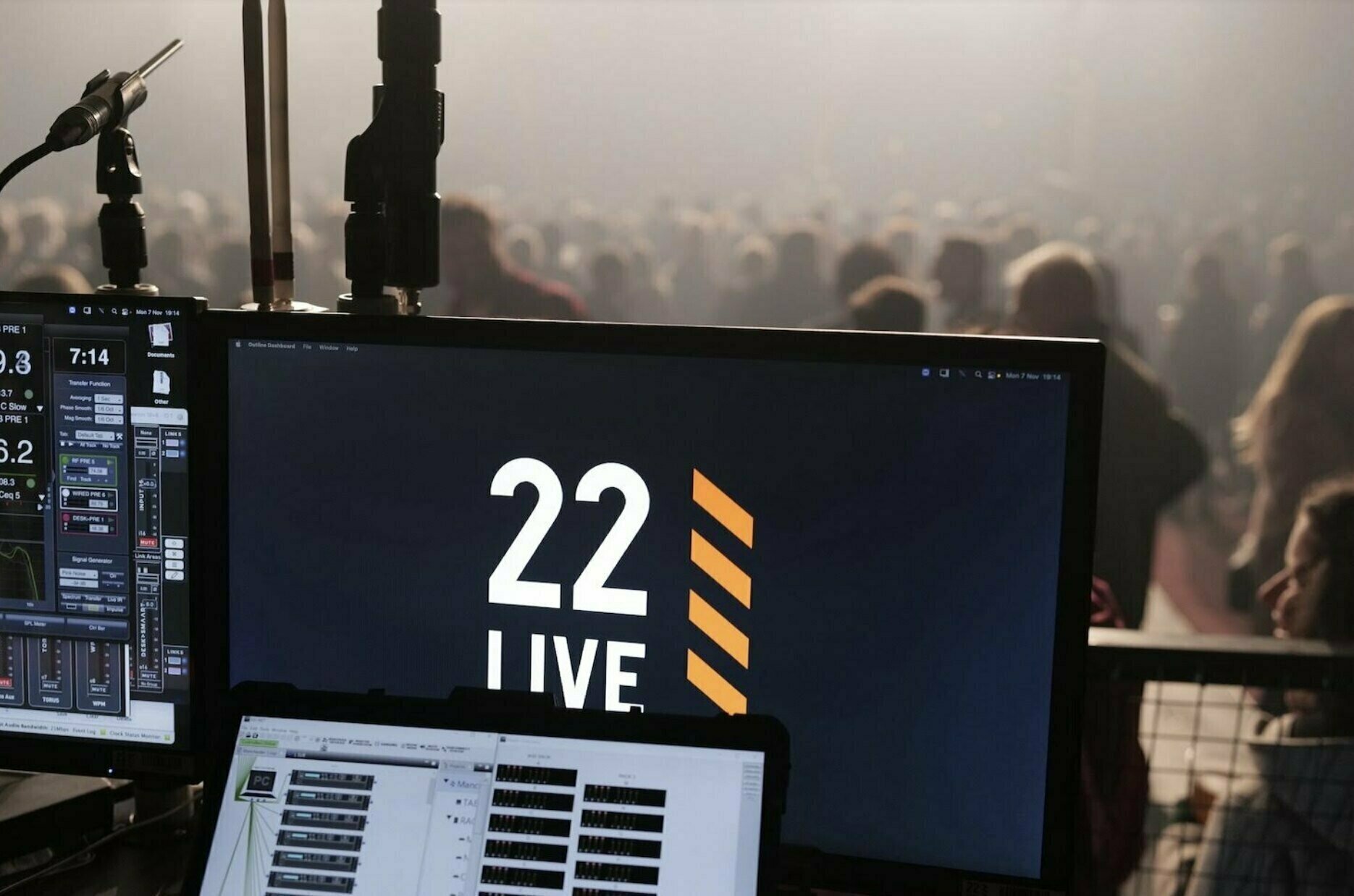22live founder Paul Timmins and commercial director Alex Penn have spoken to Headliner about the inner workings of the new pro audio rental firm, as well as their plans for the market and the trends shaping the business.
Founded by and constructed around some of the most influential figures in the world of pro audio, 22live is a start-up unlike any other. Officially launched in January 2023 by Paul Timmins, the former Capital Sound exec quickly assembled a team of fellow rental and event production veterans. Former SSE (now Solotech) stalwarts Alex Penn and Spencer Beard were installed as commercial director and managing director respectively, while several other high-profile appointments were made in swift succession.
The goal, it seems, was to enter the top tier of rental companies with the lightness of foot of a start-up and the expertise of a long-established market leader. And while it is still very early days, 22live is certainly showing signs of delivering on its promise.
A partnership with fellow British brand Martin Audio was inked early on, which saw the loudspeaker specialist drafted in almost immediately for a Sigur Rós tour and a run of dates with the Australian Pink Floyd.
Of course, like any start-up, despite the wealth of expertise and talent within its ranks, there are always challenges to contend with in an already highly competitive marketplace.
Headliner caught up with Timmins and Penn for an inside look at how 22live came together and what the future holds…
Talk us through the origins of 22live.
Alex: We all have a long history working in the industry and all ended up where we ended up after multiple trials and tribulation to get to the top of our game. Paul founded 22live on the premise of wanting to wind back a little bit and get back to the origins of what we do. We had all been in businesses that we were in control of, which went on to become much bigger organisations where we didn’t have the control to make the decisions we wanted to make. So we wanted to go back to having a smaller business with more control. After me and Spencer left SSE we decided that sounded like an attractive proposition for us.
We left the industry to reset and it gave us an opportunity to reflect on what we wanted to do. And there was lots of other things I’d like to do but nothing I knew how to do quite as well as this. And it became quite clear that this would be exciting and we’d be doing it for the right reasons. We wanted to reset the focus to being passionate about the industry and not being on endless Zoom calls and talking about spreadsheets and budgets. And by keeping a leaner overhead it gives us the opportunity to work with people who want to work with us, rather than trying to hunt down everything, so we get to work with people who really want to work with us.
Paul: I took some time off and I was at a point where I wasn’t ready to retire but wasn’t sure what I was going to do next. As time went on, I started to miss it and I thought an ideal situation would be to blend my experience with some younger guys. And we’re all quite lucky in that we’ve been in the business long enough and made a little bit of money along the way, so we can get into something for the right reasons. The first thing was sniffing around a few businesses that might be for sale, but ultimately, I thought we’d be buying baggage, so I decided to start something from scratch.


